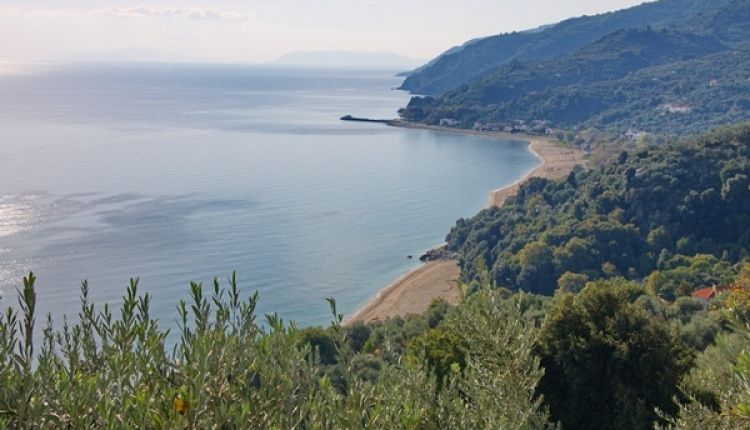Eastern Pelion
- by XpatAthens
- Wednesday, 18 February 2015

According to Greek mythology Pelion was the mountain of the Centaurs and also the summer resort of the 12 Olympian Gods. It is one of the most beautiful places in Greece, with wonderful forests and green slopes. This mountain is also associated with myths about Hercules, Achilles and Jason, as well as with the myth of Paris, who gave the ‘Apple of Discord’ to the most beautiful goddess and this brought about the Trojan War.
Pelion today is a perfect tourist destination for all seasons and tastes, as it combines mountain and sea beauties in a unique way. Its tourist infrastructure is constantly growing whereas there’s marvelous nature and picturesque villages.
Eastern Pelion is the part of Pelion facing the Aegean Sea, a place where nature is ‘wild’, rough and the vegetation is so lush that it slopes down to the sea
Information:
• Eastern Pelion embraces villages both on the mountain, like Zagora or Tsangarada, and near the sea like Horefto or Agios Giannis.
• Visitors can access the area through Western Pelion, and, depending on where they want to go they have to pass by Chania, Milies, Argalasti or Lafkos.
• The climate is influenced by the Aegean Sea, so it is cooler in summer and colder in winter than the one in Western Pelion.
Infrastructure:
• There are lots of big and small hotels, guesthouses and let rooms. There are also tourist camps.
• There are small marinas for sailboats and yachts to dock
• There is a bus service connecting the area with the rest of Magnisia prefecture.
Eastern Pelion offers:
• A unique combination of mountain and sea settings, in a most beautiful landscape all year round.
• A wide network of marked trails, ideal for all those who love hiking, at any age.
• Exceptional beaches in the waters of the Aegean Sea, organized ones for the many, and secluded for the few.
• Possibilities for alternative tourism activities.
• A variety of choices regarding accommodation, dining and entertainment.
• Lots of traditional villages built in the traditional architectural style of Pelion.
To read more, please visit inthessaly.gr

